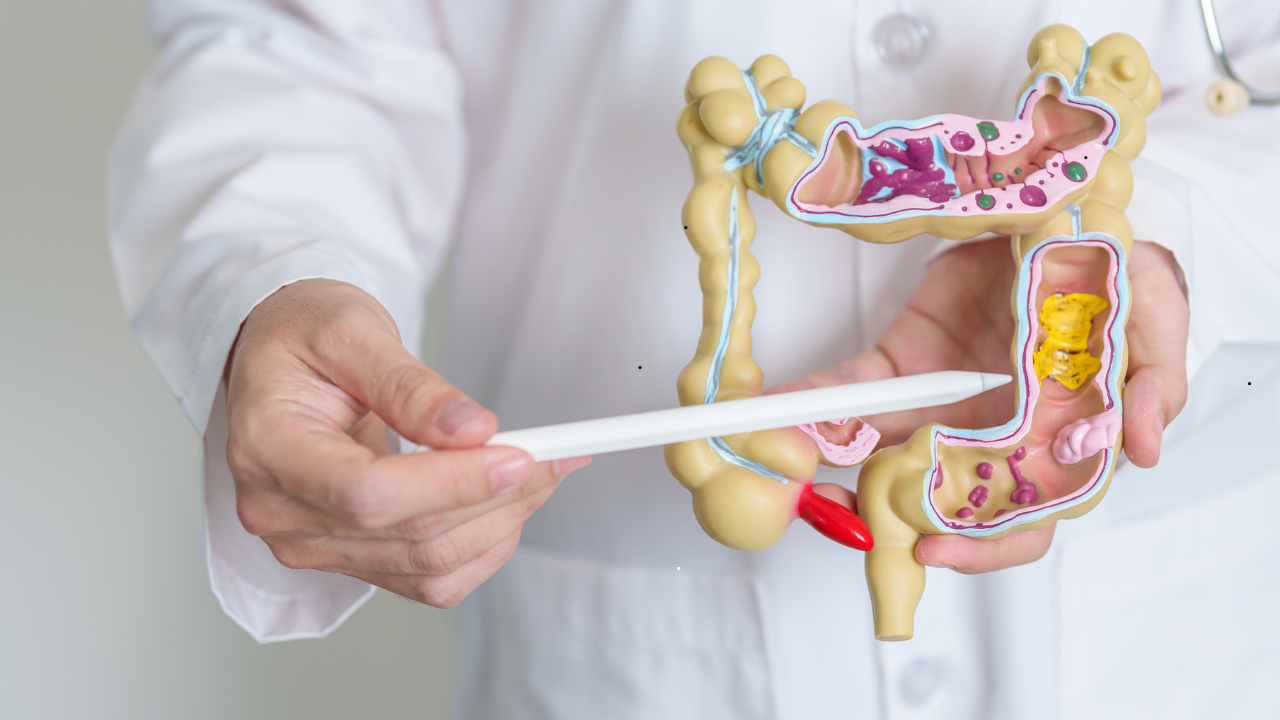A Simple Test That Could Protect You From One Of The Deadliest Cancer According To Top US Doctor

Credits: Canva
SummaryColon cancer is the world’s second leading cause of cancer-related deaths, projected to claim 1.6 million lives annually by 2040. Experts stress that early detection through colonoscopy can prevent and detect cancer by removing precancerous polyps. Recommended from age 30, especially for high-risk individuals, this safe procedure significantly improves survival chances.
End of Article
